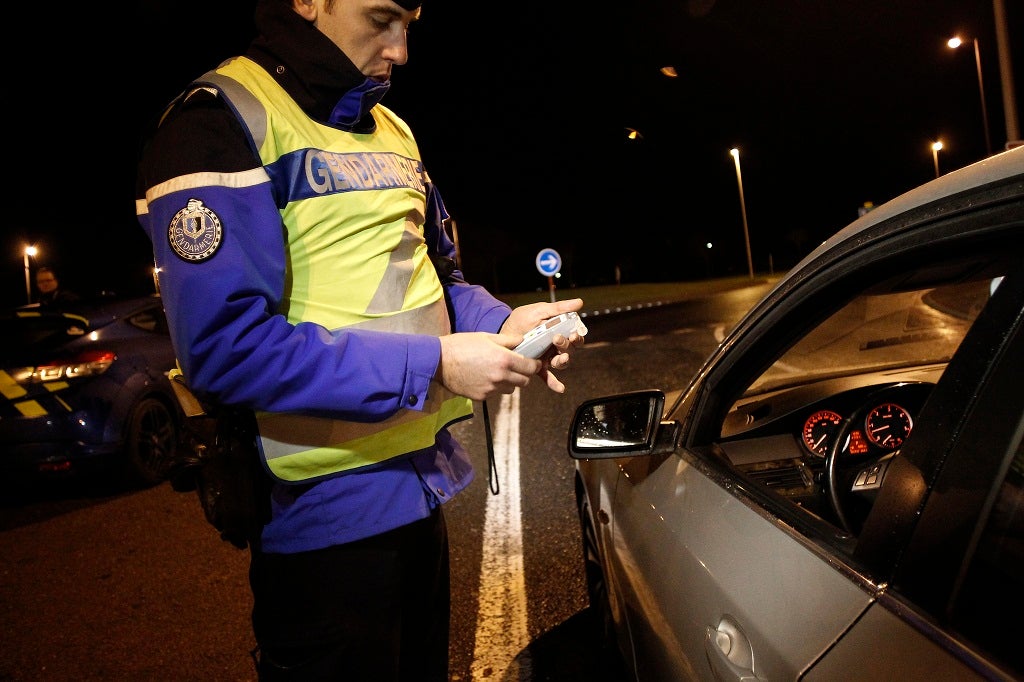Night Nurse could put drivers over new drug limit

Motorists who take large doses of medicines such as Night Nurse to combat colds and flu have been warned that they risk losing their licences under new drug-driving laws.
Limits on permissible levels of certain drugs in a driver’s bloodstream come into force in March; eight over-the-counter drugs will be affected.
Police, lawyers and motoring organisations warned that drivers trying to shake off heavy colds could fall foul of the legislation – even if they had dosed up the night before getting behind the wheel.
The legally obtainable drugs on the list can impair drivers’ judgement and slow their reactions because they contain substances such as morphine, methadone and diazepam.
The new laws, which will be enforced with roadside drug-testing kits issued to police, are modelled on drink-driving legislation.
David Barton, a motoring lawyer, said: “For the first time, if you dose yourself up with Night Nurse to get through the work day, the law will be able to prosecute you for being unfit to drive. I suspect the level of awareness about this among motorists is still very low.”
Edmund King, president of the AA, said: “People who feel under the weather sometimes overdose themselves. There could be instances where someone has had a late night because they felt ill and knew they had to be on the road at 6am – they could be over the limit.”
PC Jon Lansley, a drug detection officer based in Hampshire, said: “Prescription and other medications easily purchased at pharmacists, such as Night Nurse, can make drivers very drowsy and severely affect their driving.”
He told AOL Cars: “These drugs make it clear they can affect driving on the labels, but often when drivers feel unwell they dose themselves up on these and don’t realise the consequences.”
The laws are designed to reduce the toll of fatal accidents blamed on drug-driving – currently around 200 a year. They come into force on 2 March and carry the same penalties as drink-driving: a minimum 12-month ban plus a possible fine or prison term.
The limits were set by the Government on the advice of medical experts.
Join our commenting forum
Join thought-provoking conversations, follow other Independent readers and see their replies
Comments